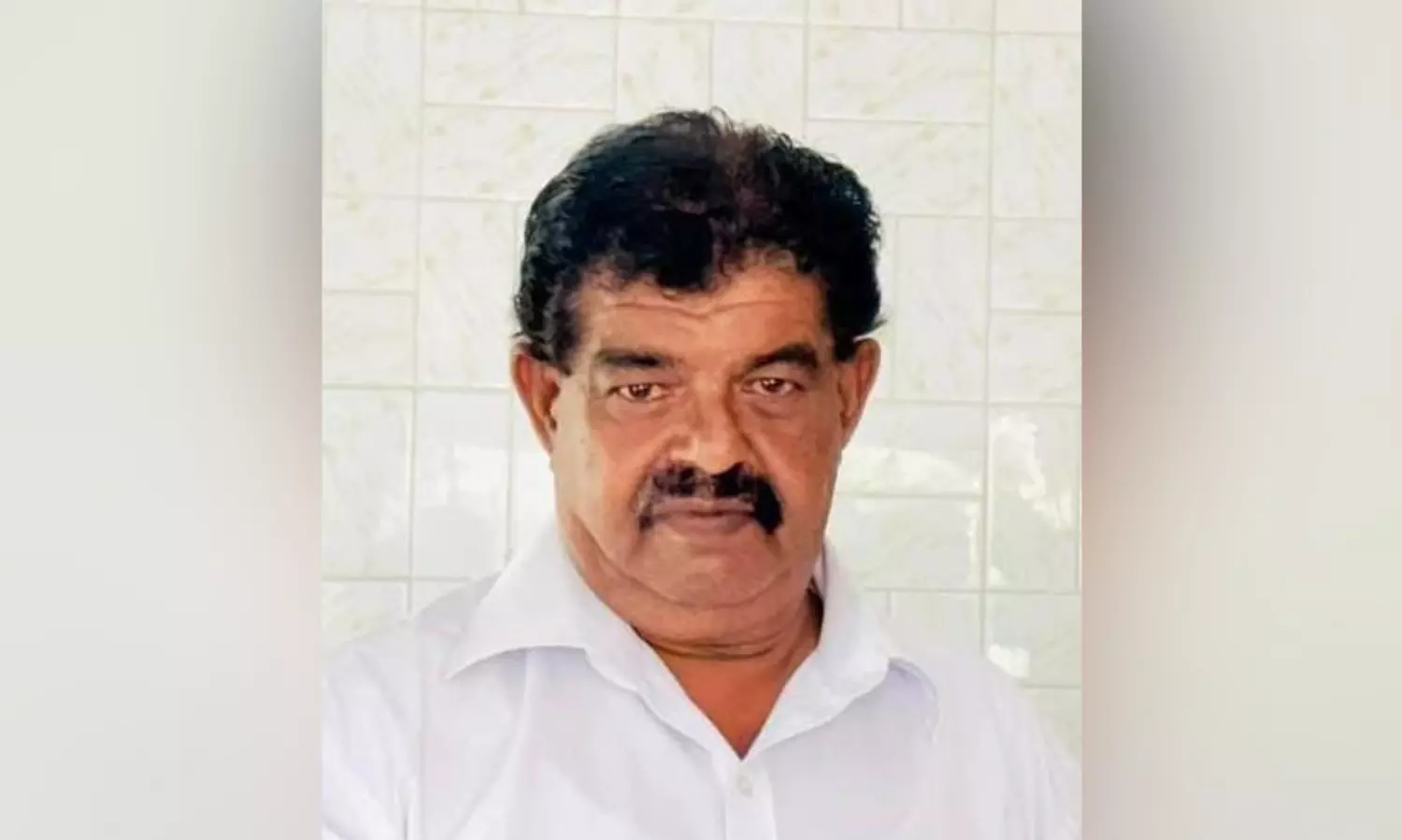Though experts have maintained cleaning sewers and septic tanks is a mere extension of manual scavenging, the government has differentiated between deaths due to manual scavenging and those that have occurred while cleaning sewers
The Centre told Parliament in a written reply on Tuesday, as per reports from the state governments, that people are no longer engaged as manual scavengers in the country.
This was in response to a question by Communist Party of India lawmaker S Venkatesan.
Last week, it may be recalled, Union social justice minister Virendra Kumar had stated in Rajya Sabha that there were 58,098 manual scavengers in the country, identified across the country in two separate surveys in 2013 and 2018.
The government has differentiated between deaths due to manual scavenging and those that have occurred while cleaning sewers.
While emphasizing that no deaths had been reported due to manual scavenging, it, however, added: “309 deaths have been reported during the last five years of people who undertook hazardous cleaning of sewers and septic tanks.”
Though experts have maintained cleaning sewers and septic tanks is a mere extension of manual scavenging, the government has differentiated between deaths due to manual scavenging and those that have occurred while cleaning sewers.
Bezwada Wilson, the founder of Safai Karmachari Andolan, said, “ As a government, they should have the courage to come up and accept that manual scavengers exist here. There is no concern about the community.”
The government said all identified manual scavengers were given one-time cash assistance of ₹40,000 as part of a scheme to rehabilitate them. Manual scavengers and their and concessional loan and capital subsidy up to ₹5 for self-employment projects costing up to ₹15 lakh.
According to the government data, 14,692 manual scavengers were given assistance in 2020-21 as compared to 1,3246 in 2019-20.








